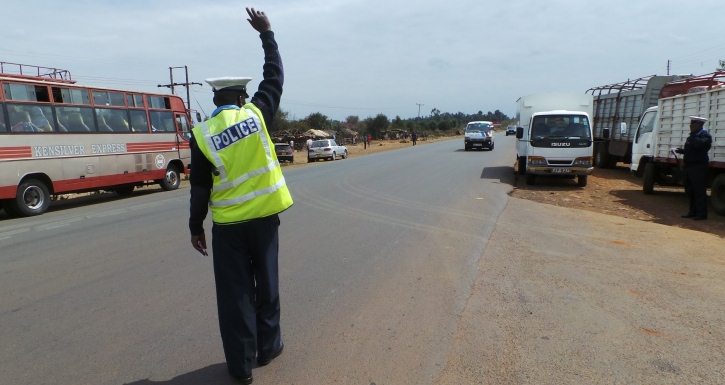Road Traffic Regulations in Tanzania
Road Traffic Regulations in Tanzania, Regulations and Guidelines for Driving in Tanzania, Tanzania is a captivating vacation destination for safaris, characterized by its various landscapes and rich cultural heritage, offering an exhilarating and fulfilling experience for visitors. However, individuals exploring this county should be cognizant of the driving rules and regulations to prevent mishaps. This guide will delineate the essential rules and regulations for driving in Tanzania, encompassing various areas such as license, traffic legislation, road conditions, and other safety suggestions, including the following:

Requirements for Driving License and Age.
To drive in Tanzania, one must possess a valid international driving permit or a Tanzanian driver’s license. Consequently, individuals may apply for a driving license in Tanzania; nevertheless, it is important to know that the minimum age for driving in Tanzania is 18 years.
Speed Limits.
Driving in Tanzania necessitates adherence to specific speed restrictions, which may vary based on the kind of road and region. Below are the typical limits to observe:
- In urban areas: 50 kilometers per hour.
- Rural regions: 80 kilometers per hour.
- Highways: 100 to 110 kilometers per hour.
Consequently, persons are urged to consistently adhere to the aforementioned speed limitations and then modify their speed in accordance with road and weather circumstances.
Driving Guideline
In Tanzania, driving adheres to a left-hand system, necessitating that vehicles operate on the left side of the road and overtake on the right. Consequently, all individuals operating vehicles on Tanzanian roadways must adhere to these regulations to prevent any accidents.
Seat Belts and Child Safety Restraints.
In Tanzania, the use of seat belts is compulsory for all drivers and passengers while operating a vehicle on the road. Furthermore, the driver’s obligation is to ensure the well-being of all individuals. Furthermore, child restraints in a vehicle are crucial, particularly for children under the age of five.
Drinking and Driving.
In Tanzania, it is advisable to abstain from alcohol drinking when intending to drive. The enforcement of roadblocks is stringent, given that the legal blood alcohol level in Tanzania is 0.08%.
Road Conditions.
Furthermore, the road conditions in this country range from well-kept freeways to poorly maintained gravel roads. Consequently, individuals must be equipped for varied road conditions, particularly while traversing distant regions. Furthermore, individuals are advised that utilizing four-wheel drive automobiles is preferable due to their elevated stature and robust construction.
Traffic Signs and Markings.
Tanzania employs a blend of international and locally constructed signposts, necessitating that drivers remain vigilant and adhere to these signals to prevent road accidents. Furthermore, the quality of these road markings may vary, underscoring the necessity for drivers to use caution while navigating the roads in Tanzania.
Traffic Enforcement Authority.
Individuals unfamiliar with Tanzania should be aware that traffic police are prevalent on various roads throughout the country. Furthermore, their primary function is to maintain order and enforce traffic regulations to mitigate accidents. Consequently, personnel are instructed to consistently adhere to their directives and cease activity upon receiving a signal.
Furthermore, in addition to the aforementioned, there are additional norms and regulations that must be adhered to while driving in Tanzania. Consequently, individuals are encouraged to reach out to our reputable tour operators for further information and inquiries concerning regulations related to pedestrian crossings, wildlife, roundabouts, fuel stations, emergency services, insurance, documentation, overtaking, penalties and fines, the repercussions of mobile phone usage while driving, and additional safety tips to adhere to.

